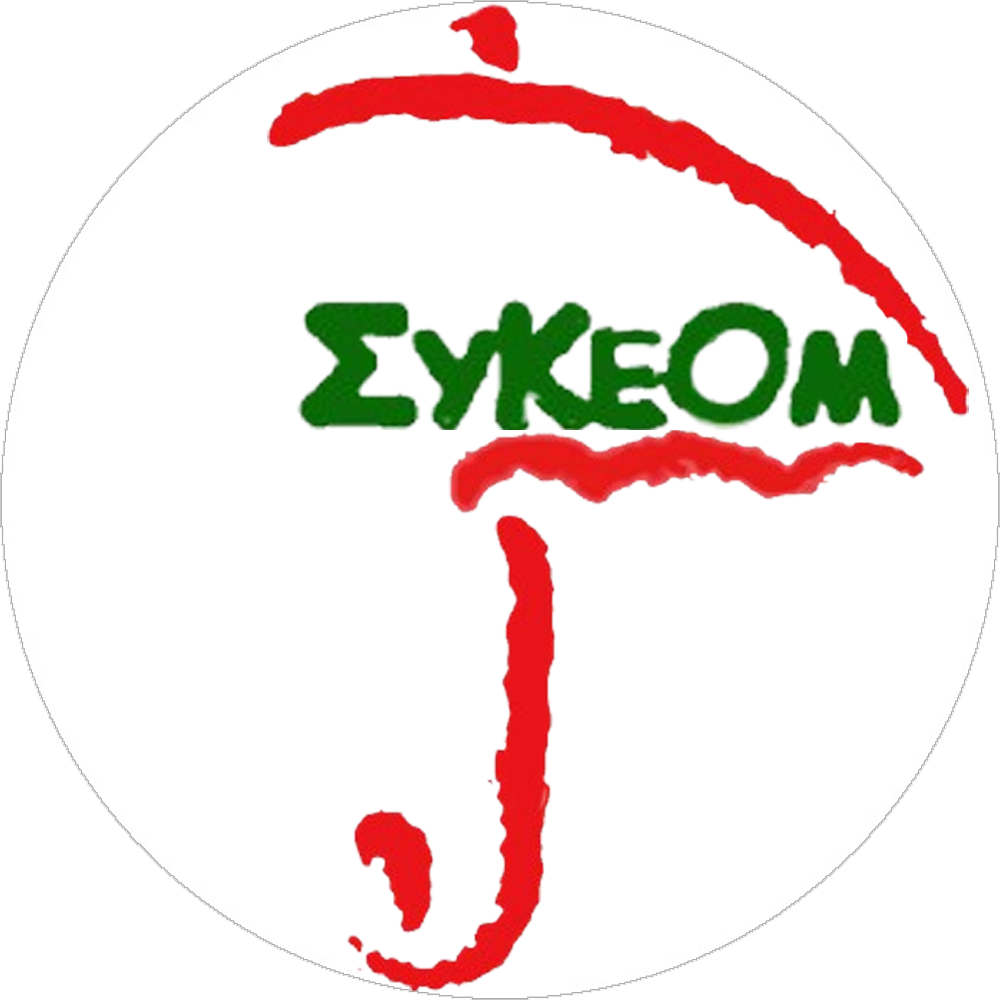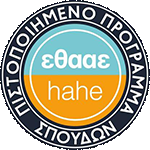The DECE has the privilege of offering a professionally-oriented degree. However, in the spirit of the 1984 law which established it, it aspires to a scientifically-based education for early childhood teachers. More specifically, it sees their practical training as intimately connected to knowledge of the theories, methods and applications of the educational sciences.
It strives to enable future teachers to understand the complexity of educational phenomena as well as their social and psychological determinants. It also seeks to undermine the traditional conception of pedagogic practices as applications of regulations and teaching techniques so as to highlight their often implicit theoretical foundations. It thus cultivates students’ critical stance towards traditional teaching practices but also their ability to bring innovations in their own practice which they can theoretically justify. To this aim, courses aim at a synthesis of the contribution of various disciplines to educational practice and theory. For instance, art education courses touch upon theoretical and historical aspects of music, painting and theatre and not only upon their use as pedagogical tools. Moreover, when they focus upon pedagogical applications, they do so by exploiting knowledge from fields such as developmental psychology concerning children’s learning capacities, pedagogy concerning techniques of transmitting knowledge and sociology concerning sociocultural differences among children.
DECE graduates work as professional teachers at the preschool and early school levels. The kindergarten is a critical educational institution for at least the following reasons: It is often the earliest socialization agency outside the family for the notable number of children in Greece who have not attended day-care centers. It also marks the child’s entrance into formal schooling, including their acquaintance with standardized Greek (whether this is their first or their second language) and more generally with the formal culture and symbols of knowledge. Only teachers with a strong scientifically-based training can undertake the complex task of educating children at this age, this being in Greece typically four to six years of age.
Besides professional training of teachers, the DECE provides foundational knowledge in various disciplines of the physical and social/human sciences which are relevant to education as well as in methods of scientific research. Its course program thus additionally prepares for postgraduate studies in education but also in related fields and professional orientations such as psychology and speech therapy.
Finally, the DECE undertakes systematic internal evaluation of its teaching, research and administrative activities since 2009, for the purpose of continuously restructuring its functions.


